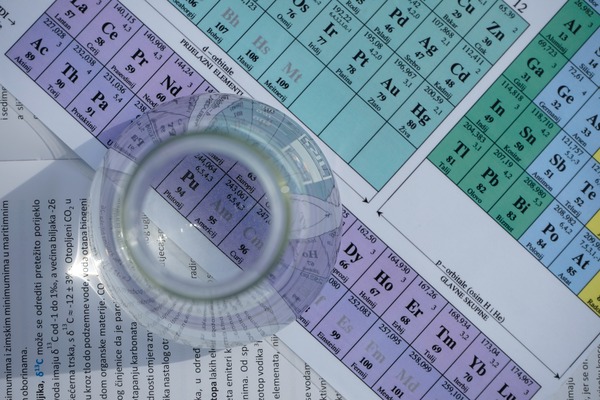Read the briefing report “Developing common standards for secure and resilient critical minerals supply chains” here.
Mitigation efforts needed for 1.5°C, net-zero compatible pathways requires a radical transformation of the global energy system, underpinned by renewable energies and the electrification of end-use consumption in all sectors of the economy (IEA). The increasing production and the pace of penetration of clean technologies required to this transformation critically depend on the availability of critical minerals.
The high geographic fragmentation of mining activities and the Asian dominance in the processing and refining stages of critical minerals require a progressive diversifying, reshaping and strengthening of the global supply chain structure in order to manage supply risks. This points to the need for globally agreed rules for addressing environmental, social and governance (ESG) metrics in line with qualified technical standards for information disclosure.
Recent years have seen the proliferation of sustainability reporting frameworks, methodologies and metrics to meet the evolving information needs. This is hindering comparability, which together with the lack of reliable and certified data, is affecting market transparency and efficiency. Agreeing on and adopting global standards would allow stakeholders to assess and compare companies’ sustainability efforts in a more meaningful, effective and efficient manner.
Several countries are moving in this direction. Italy’s Taskforce on Critical Raw Materials aims at strengthening coordination and formulating proposals for the creation of regulatory, economic and market conditions to ensure a safe and sustainable supply. This will inform Italy’s priorities in the context of the upcoming EU Critical Raw Material Act.
All G7 countries are part of the multilateral initiative Mineral Security Partnership. In the G7 context, the need to enhance supply chain resilience was identified as a key priority under the UK’s Presidency in 2021 and subsequently taken forward by the German presidency in 2022, as recognised in the final Leaders’ Communiqué. The 2023 G7 Japanese Presidency is expected to establish an Experts’ Working Group on Critical Minerals to further deepen discussions.
The Italian 2024 G7 Presidency could be an opportunity to bring forward the G7 work on supply chain resilience.
Read the briefing report “Developing common standards for secure and resilient critical minerals supply chains” here.
Photo by Vedrana Filipovic







